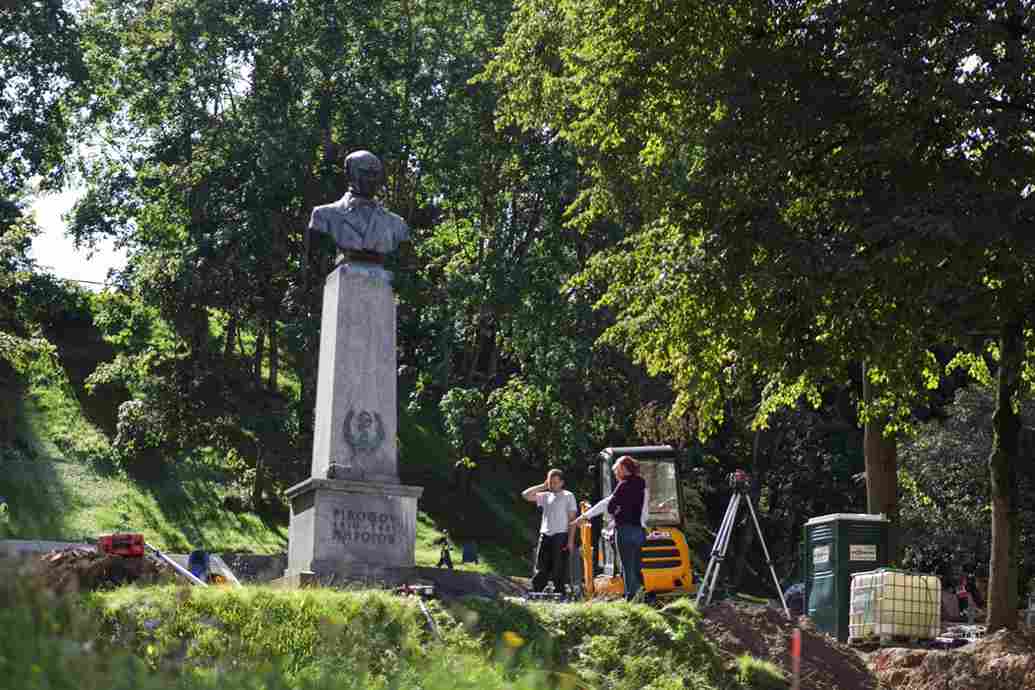Sites of great historical and cultural value are threatened by natural ageing and going to ruin just like any other structure.
Sites belonging to national and global cultural heritage must be restored or reconstructed to keep structural damage to minimum, be it then repair of walls and floor or lifting and strengthening of foundation. Damage of historical buildings can be minimised by using URETEK geopolymers technology.
Manor buildings and palaces, castles and fortresses, churches and temples, but also many other sites of historical interest age, break down and go to ruin. Condition of walls, roofs and ceilings of the building is affected by constantly alternating external factors: pressure, temperature, humidity and airborne gases.
Equally dangerous are changes in soil on which the site of historical interest has been erected. Thus, weakening of soil under the structure may cause subsidence of ground floor and reduce stability of foundation, which leads to damaging other structural elements of the structure.
Complications related to strengthening soil
Subsidence of foundation and floor of sites of historical interest often causes occurrence of cracks in floor and walls. In that case, simple cosmetic repairs of walls and floor are not enough to improve the situation, because the cause of cracking is not eliminated. Without improving the condition of substrate and lifting foundation or floor, the situation continues to worsen and may ultimately result in complete destruction of architectural monument.
Although sites of historical and cultural interest are generally renovated by using state-of-art technologies and building materials, lifting of floors and strengthening of foundation in these structures is often performed using traditional methods. However, traditional technology along with involvement of heavy machinery and concrete and earthworks may damage the site of historical or cultural interest.
Elimination of cracks in the floor and walls of an architectural monument, as well as strengthening of substrate and lifting of foundation or floor is much more efficient when using URETEK geopolymer resins injection technology. That technology makes it possible to perform works without affecting the historical and cultural value of the site and also reduces the budget for repair and restoration procedures.
Provided technology
There are two URETEK geopolymers injection methods that can be used for strengthening the soil under historical monument and eliminating floor and foundation subsidence – Deep Injection and Slab Lifting. In the first case, geopolymer material intended for strengthening the soil and lifting the foundation is inserted deep into the soil under the structure, in the second case geopolymer is inserted immediately under ground floor.
Geopolymers are injected in soil or under the floor through special pipes with diameter of 12–16 mm, inserted in holes drilled in ground floor or soil around the perimeter of the building. Borehole diameter may be 12–32 mm. No other interventions are required on the site. The equipment for injecting geopolymer resins is compact and mobile. Using it has no effect on the historical or cultural value of the site. Injection holes can be easily eliminated later on.
All procedures performed with URETEK geopolymer resins, be it then strengthening of soil, securing or lifting foundation or floor, do not take long. After injection, geopolymer material expands, filling all cavities in soil and hardens within just 15 minutes, exerting vertical pressure. Lifting of foundation and floor is monitored in real time by using laser level.


